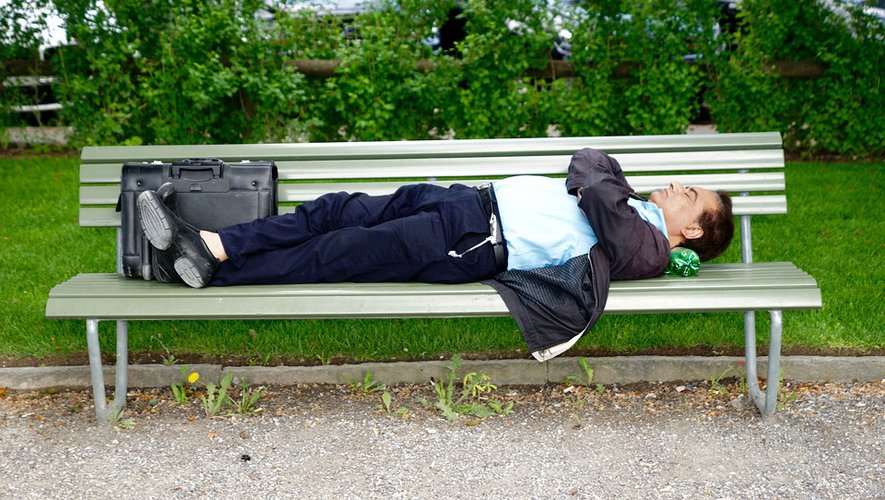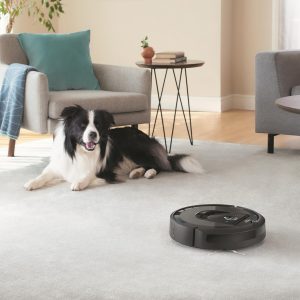Less well-known than insomnia, orthosomnia is a sleep disorder whose severity is beginning to be understood. The disorder is associated with excessive monitoring of our sleep, and it sometimes affects the lives of users of “sleep trackers”.
What time did you sleep? Did you wake up often? You may not have the answers to these questions. But users Sleep trackers Or sleep trackers, yeah.
With the proliferation of connected clock devices, we can monitor every aspect of our life, walking time, rest, and even our sleep. But the habit of watching everything comes with its drift.
Sleeping well is not that easy
Doctors recommend seven to nine hours of sleep a day, but the correct amount varies from person to person. The number eight hours of sleep for everyone isn’t quite right. The important thing is that you feel comfortable. But the result is staggering, with the French not getting enough sleep, with an average of 6.42 hours of sleep for adults, which continues to decline. Then it is very tempting for some to look for a “helping hand”, and to go digging into their phones to find a way to sleep more, or to sleep better.
From restlessness to restlessness
Insomnia is a disease known to everyone today, lack of sleep for various reasons such as stress and anxiety. To combat it, apps and other sleep trackers promise to advise us with our sleep analysis. Sleep duration, quality, time required to fall asleep, number of times you wake up, everything counts. Maybe too much. According to a survey by The Guardian, a new disease has emerged from this obsessive surveillance: orthosomnia. The testimonies of many people with these diseases go back to the medical profession today: “When I wake up I see a lack of sleep, and I feel more tired than if I did not see.” On top of that, these tools are supposed to help improve our sleep, and end up causing insomnia.
Ended up not hearing your body anymore
Doctors are also reporting cases of people showing off their sleep records, saying they need help improving the quality of their nights. But when doctors ask them if they are feeling signs of fatigue, they often don’t. Orthosomnia causes some people to depend more on their device than on how they feel. There are also testimonials from people who say they sleep better when they “have stopped using their connected watch for a few weeks.”
To combat this type of disorder, some clinicians advocate a more “individualistic” approach to sleep, moving away from norms (with an example of 8 hours of sleep for everyone), and seeking closer feelings. Especially since the data provided by the devices is not 100% reliable and can be disturbed.
The best way to avoid the erosion of orthosomnia is to steer clear of these techniques if you are naturally anxious, or are already very concerned about the quality of your sleep.

“Web fanatic. Travel scholar. Certified music evangelist. Coffee expert. Unapologetic internet guru. Beer nerd.”





